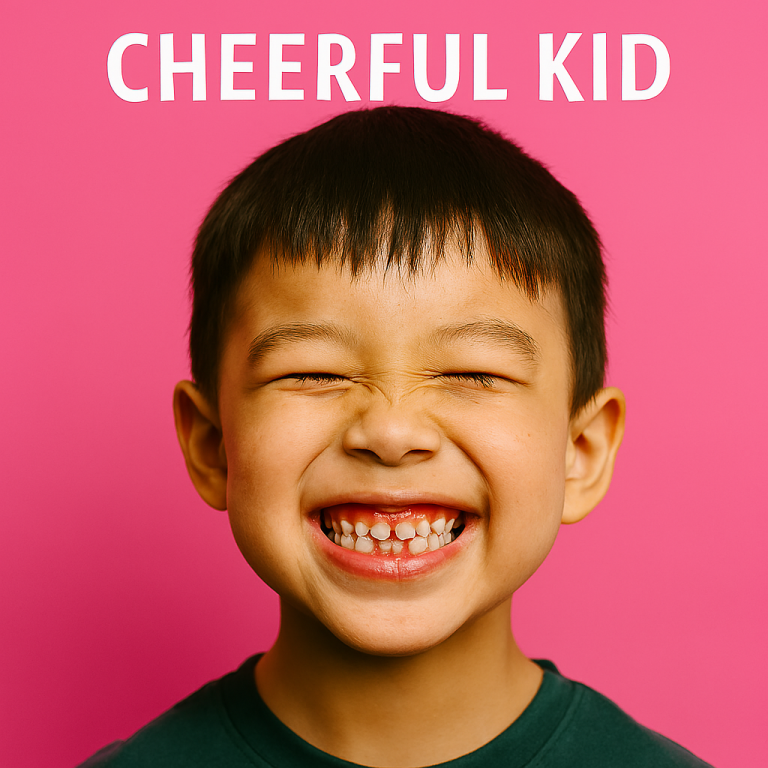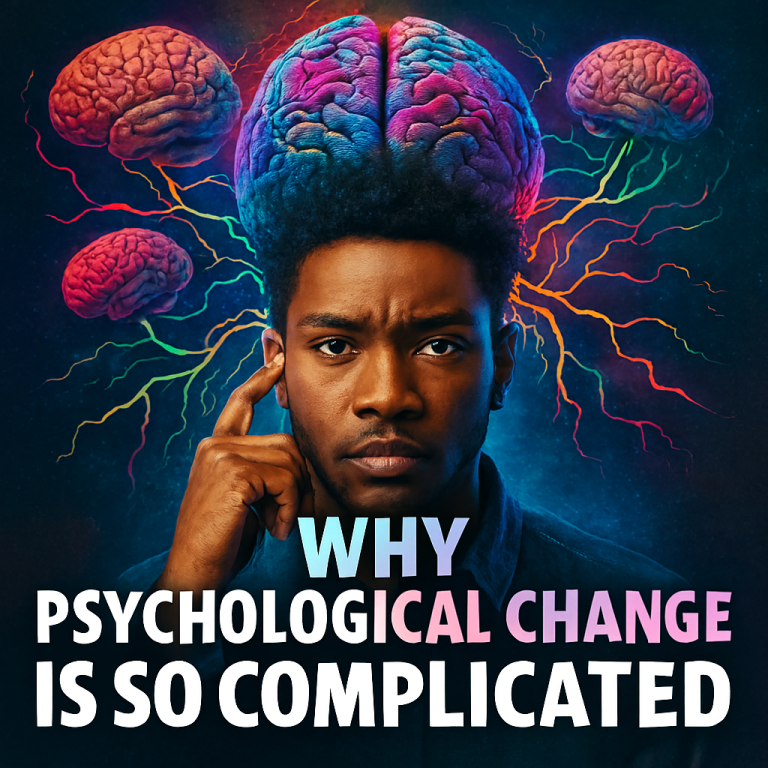Why a Slow-Paced Life Leads to Greater Intentional Fulfillment
The Psychology of a Slow-Paced Life
Finding Joy in Simplicity
In a world that glorifies hustle and speed, the idea of slowing down can seem counterintuitive. Yet, embracing a slow-paced life has been shown to enhance mental well-being, improve focus, and deepen connections with both ourselves and others. Living slowly isn’t about inactivity—it’s about mindfulness, intentionality, and prioritizing quality over quantity. This post explores the psychological benefits of taking life at a calmer pace and why embracing slowness can lead to a more fulfilling existence.

The Science Behind Slowing Down
How a Fast-Paced Life Impacts Mental Health
The constant rush to complete tasks, achieve goals, and stay busy can lead to chronic stress and anxiety. Studies show that excessive multitasking and overload contribute to burnout, decreasing cognitive efficiency and emotional stability. When individuals push their limits without pausing, their ability to enjoy life diminishes, reinforcing cycles of exhaustion.
The Psychological Benefits of Slowing Down
A slower pace allows for deeper processing, emotional regulation, and reduced stress levels. Mindfulness—a practice rooted in slowing down and focusing on the present—has been linked to lower cortisol levels and improved overall mental health. Research suggests that individuals who adopt a slower lifestyle experience greater emotional resilience and increased happiness.
How a Slow Life Enhances Personal Well-Being
The Power of Presence and Mindful Living
A slow-paced lifestyle encourages mindfulness, which enhances self-awareness and emotional clarity. People who intentionally slow down can focus on their surroundings, enjoy daily experiences, and cultivate gratitude. Scientific studies indicate that engaging in mindfulness-based activities, such as meditation or slow walks, strengthens neural pathways related to emotional well-being.
Embracing the Art of Slowing Down
Building Meaningful Relationships Through Intentionality
When individuals are constantly busy, relationships can become superficial and transactional. A slower lifestyle fosters deeper connections by allowing quality time with loved ones. Psychology highlights that prioritizing intentional interactions enhances social satisfaction and strengthens bonds, leading to a richer, more fulfilling life.
Slow Living and Cognitive Function
Boosting Creativity and Problem-Solving
When the mind is overstimulated with constant information, creativity declines. Studies show that giving the brain time to process and wander enhances problem-solving abilities and fosters innovative thinking. A slow-paced lifestyle cultivates mental space for reflection, imagination, and creative breakthroughs.
Improving Focus and Productivity
Cognitive psychology reveals that focusing deeply on fewer tasks rather than multitasking improves efficiency and reduces errors. Individuals who embrace slowness report higher satisfaction in their work and personal achievements.

Insights into the Benefits of a Slow-Paced Life
How Nature Encourages Slower Living
Spending time in nature is closely linked to slowing down and appreciating the moment. Whether walking in the woods, sitting by the ocean, or observing wildlife, nature encourages relaxation and presence.
The Role of Digital Detox in Slowing Down
Technology accelerates the pace of modern life, often creating distractions and information overload. Taking intentional breaks from digital devices—such as reducing social media use or setting boundaries around screen time—fosters greater mindfulness and deeper engagement with reality. Psychology highlights that digital detoxing improves concentration and emotional balance.
How Slower Eating Enhances Well-Being
Eating mindfully—by slowing down and fully experiencing meals—has significant psychological and physiological benefits. Studies indicate that slower eating improves digestion, promotes mindful awareness, and strengthens the connection between food and well-being. Taking time to savor flavors increases appreciation and cultivates healthier eating habits.

The Psychology of Leisure and Play
Leisure activities are essential for mental and emotional renewal. Engaging in hobbies, relaxation, and creative play enhances problem-solving abilities and provides emotional relief. Psychological research suggests that individuals who prioritize leisure experience greater life satisfaction and long-term happiness.
Prioritizing Quality Over Quantity in Daily Life
A slow-paced life promotes intentional choices in how time and energy are spent. Instead of rushing through obligations, individuals can prioritize meaningful activities that enrich their sense of purpose. Whether focusing on quality conversations, well-crafted work, or fulfilling routines, the emphasis shifts from doing more to doing better.
Conclusion
Adopting a slow-paced life is not about doing less—it’s about doing things with intention, mindfulness, and appreciation. Slowing down fosters emotional clarity, strengthens relationships, boosts creativity, and enhances well-being. In a world that constantly demands speed, choosing to live with purpose and presence is an act of self-care.
Join the Discussion!
Have you ever embraced a slow-paced lifestyle? What benefits have you noticed from slowing down?








Some really good information, Glad I discovered this. “Men in no way approach so nearly to the gods as in doing good to men.” by Marcus Tullius Cicero.
Hello, Neat post. There is a problem together with your website in internet explorer, might check thisK IE nonetheless is the marketplace leader and a big portion of other folks will leave out your great writing due to this problem.